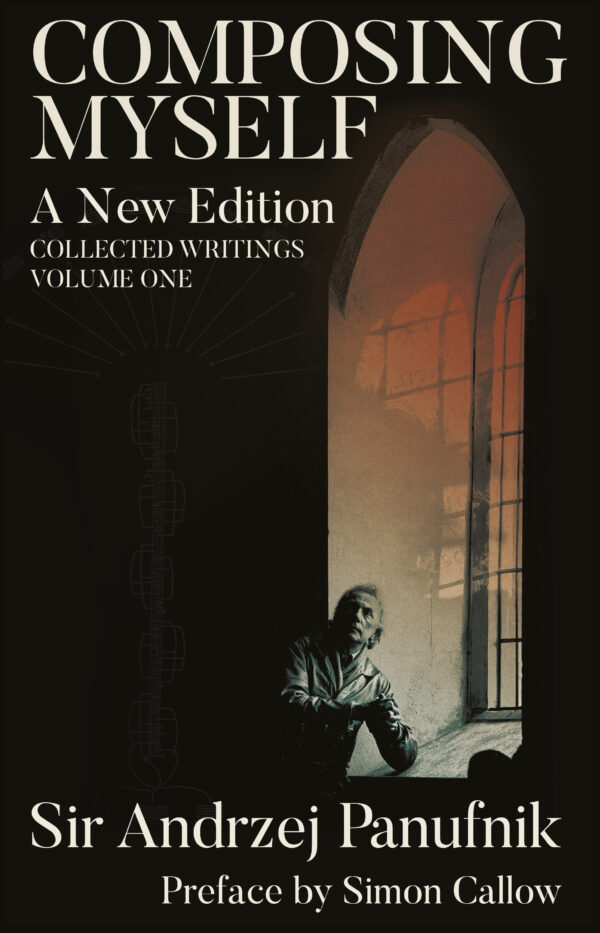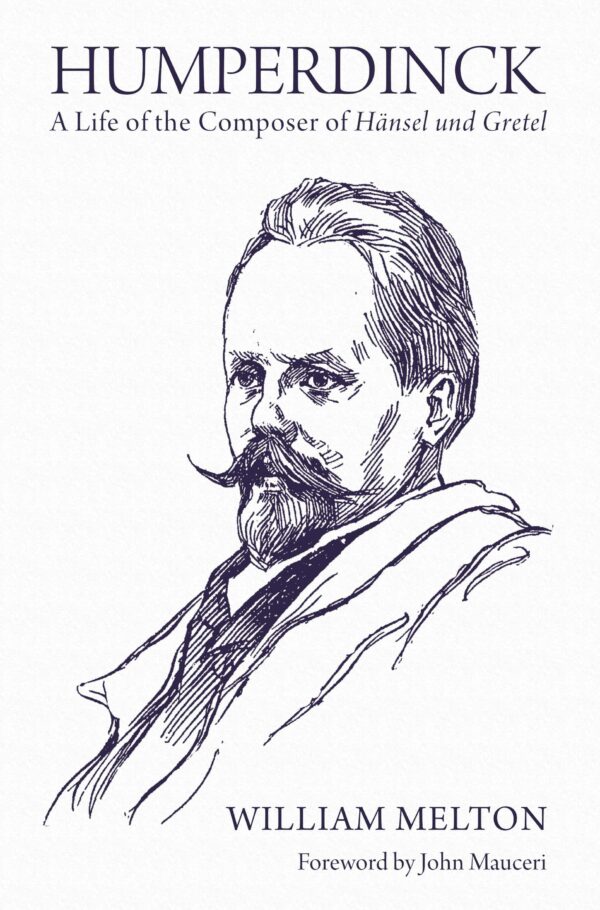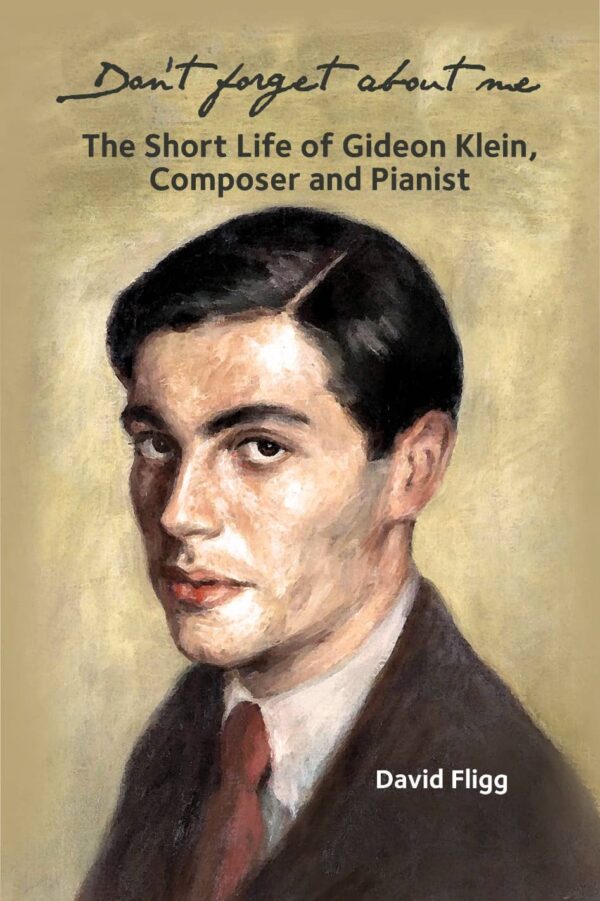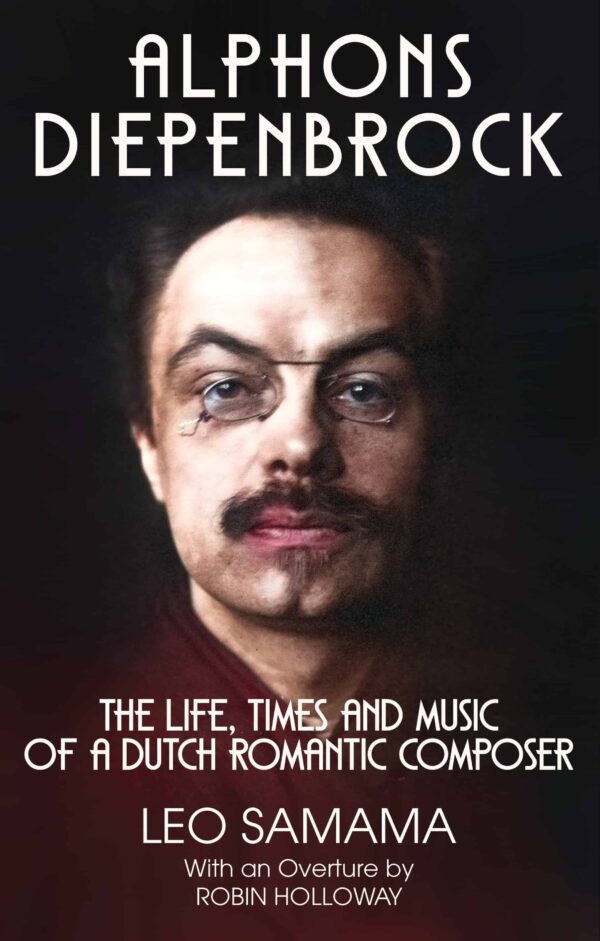Andrzej Panufnik: Composing Myself
Discovery Club Members save even more!
Login or Join Today
Preface by Simon Callow
Extent: 478 pages
20 colour & 80 b/w illustrations
Hardback
A new edition of Sir Andrzej Panufnik’s Composing Myself which includes the Anglo-Polish composer’s gripping autobiography written in 1985, complete with new detailed annotations, a new preface by Simon Callow, and a new final chapter by Lady Camilla Panufnik featuring the composer’s momentous return to Warsaw in 1990. This is a first volume in a two-volume anthology collecting all Panufnik’s writings.
Sir Andrzej Panufnik (1914-91) used to say that he communicated in music, not words. But his literary legacy is substantial, as this anthology demonstrates. Its first volume consists of a fully annotated new edition of Composing Myself, the autobiography he wrote in 1985, long since a collector’s item. It provides a graphic account of an often dramatic life. Panufnik’s early success in pre-World War II Poland was soon eclipsed by the horrors of the Nazi occupation. Composing Myself documents in striking detail the desperate circumstances in which Panufnik repeatedly found himself – and the personal courage with which he responded.
Post-War Poland then progressed from the overt terrors of Nazism to the deadening hand of Communism, and Panufnik charts the methodical attempts of Party orthodoxy to stifle independent thought. In spite of the success he enjoyed as a conductor, Panufnik was unable to compose under such restrictions, feeling he was being suffocated. Though a patriot to his bones, he boldly decided that escape to the west was the only option, and his account of his defection – in 1954, at the height of the Cold War – reads like a le Carré thriller. Safe in England, he was able to rebuild his career, overcoming official neglect of his music to become one of Britain’s best-respected composers – and to be greeted as a national hero when he finally managed to return to his beloved Poland, free at last.
The second volume in the new edition, planned by Toccata Press for future publication, will include the composer’s essays on his works, originally published under the title Impulse and Design, together with further notes on his works and a selection of interviews and articles.
Sir Andrzej Panufnik
Sir Andrzej Panufnik (1914-91) was one of the leading composers of his day, with no fewer than ten symphonies among his substantial list of works. Although he defected from Communist Poland and became one of the most important of British composers, his music continued to engage with his native land. He had been one of Poland’s most eminent conductors, too, and continued to appear worldwide to conduct performances of his own music. He was knighted by Her Majesty Queen Elizabeth II in 1991, only a few months before his death. Sir Georg Solti described him as ‘an important composer and first-class conductor, the finest protagonist of the European tradition of music making’.
Musicians on Music
Musicians on Music, a series of which this book is No. 11, brings together the writings of important composers, performers and writers, often for the first time in English and sometimes for the first time in any language. The first ten titles in the series assembled articles, essays and other writings by Sir Adrian Boult, Otto Klemperer, Havergal Brian, Luigi Dallapiccola, Vagn Holmboe, Karol Szymanowski, Ronald Stevenson, William Alwyn, André Tchaikovsky and David Cairns; future publications will present the writings of Ferenc Farkas, Frank Martin, Edmund Rubbra, Robert Simpson, Roger Smalley, Harold Truscott, John C. G. Waterhouse and many others.




MusicWeb International :
‘If you have a copy of Panufnik’s extraordinary autobiography published by Methuen in 1987, then you might be wondering if this new edition is worth the quite considerable expense. But there is much that is new and revealing about the composer. As Simon Callow readily admits in his fascinating and personal Preface, the book must rank as one of the most significant autobiographical writings by any composer, alongside Berlioz’s Memoirs and Wagner’s My Life. […]
He [Martin Anderson] mentions meeting the composer and explaining that Camilla has ‘naturally kept a close eye on the preparation of this book’. That has meant retaining and adding a great many useful footnotes at the bottom of each page. There also are many more photographs taken throughout their happy lives, carefully placed at the appropriate places in the text. […]
…reading through this extraordinary book will send you back to the recordings and help you listen with a far greater insight.’
—Gary Higginson, MusicWeb International
Arcana :
‘Is it worth reading?
Absolutely. Panufnik’s being a significant cultural figure as well as a major composer should commend this book to anyone at all interested in the history of post-war Europe. Along with almost all those previously reproduced, this new edition features a host of photos unknown or not available in 1987 and which complement the narrative unerringly. This book is otherwise produced to Toccata’s customary high standards, with an index of works and a general index. Specific information on each piece can be found at Panufnik’s dedicated website.
Is it recommended?
Indeed. The book is Volume One of Panufnik’s collected writings, its successor intended to collate the composer’s articles on music and culture together with his numerous programme notes. Hopefully this can be published in time for the 35th anniversary of his death in 2026.’
—Richard Whitehouse, Arcana